European Union Seeks India’s Support on Sanctions Against Russia as tensions continue to escalate over the ongoing Russia-Ukraine conflict. With the war showing no signs of resolution, the European Commission President Ursula von der Leyen is set to meet Indian Prime Minister Narendra Modi to discuss India’s stance on sanctions enforcement and global trade policies concerning Russia.
This diplomatic outreach underscores the EU’s growing concerns over India’s trade ties with Moscow, particularly in energy imports, defense partnerships, and economic transactions that could be helping Russia bypass Western sanctions. As the war enters its third year, the EU is intensifying efforts to restrict Russia’s access to financial systems, high-tech exports, and key global markets—and it sees India as a crucial player in this strategy.
Why is the EU Seeking India’s Support?
The European Union Seeks India’s Support on Sanctions Against Russia primarily due to India’s increasing trade ties with Russia, especially in oil, defense, and technology. While Western nations have imposed strict sanctions on Russia, India has continued to purchase Russian crude oil at discounted rates, making it one of the biggest importers of Russian energy.
Several key factors are influencing the EU’s diplomatic push:
-
India’s Oil Imports from Russia:
- Since Western sanctions cut off Russia from key markets, India has significantly increased its oil imports from Russia, buying at lower prices and refining crude for re-export.
- The EU is concerned that this trade indirectly benefits Russia’s economy, allowing Moscow to sustain its war efforts.
-
Defense and Technology Ties:
- India remains a major buyer of Russian military equipment, despite efforts to diversify its defense procurement.
- The EU is pressuring India to reduce defense reliance on Russia and align more closely with Western arms suppliers.
-
Sanctions Enforcement and Financial Transactions:
- The EU believes that Russia is using alternate payment mechanisms through Indian banks and trade channels to bypass SWIFT restrictions and access international funds.
- Brussels is urging India to align its banking policies with global sanctions to cut off Russian financial access.
India’s Balancing Act Between the EU and Russia
While European Union Seeks India’s Support on Sanctions Against Russia, India has so far maintained a neutral stance on the conflict, advocating for dialogue and diplomacy instead of taking sides.
- India has refused to condemn Russia outright, citing its long-standing strategic ties with Moscow.
- At the same time, India has strengthened relations with the US and EU, increasing trade, defense, and technology partnerships.
- Modi’s government is walking a fine line, ensuring that India does not alienate either Russia or Western allies.
What Could Happen Next?
The EU’s push for India’s cooperation on Russian sanctions could lead to:
-
Stronger Diplomatic Engagements:
- High-level talks between India and the EU could result in new agreements on financial regulations, tech exports, and strategic partnerships.
-
Pressure on India’s Energy Strategy:
- The EU and G7 nations may impose stricter price caps on Russian oil, affecting India’s imports.
- India may be forced to explore alternative energy sources to reduce dependence on Russian crude.
-
Shift in Defense and Trade Policies:
- India could gradually reduce Russian defense purchases and boost collaborations with Western arms manufacturers like France and the US.
- Trade agreements with the EU and other Western allies may see increased focus, diversifying India’s economic partnerships.
Final Thoughts: A Diplomatic Tightrope for India
As the European Union Seeks India’s Support on Sanctions Against Russia, New Delhi faces one of its most critical foreign policy decisions. While India values its deep-rooted ties with Russia, it cannot afford to ignore the economic and strategic advantages of aligning with the EU and Western powers.
India’s response to EU’s latest request could shape its global standing—either by reinforcing its role as a neutral global power or by signaling a shift toward stronger Western alignment. The coming weeks will be crucial in determining India’s position on the global stage as geopolitical tensions continue to rise.
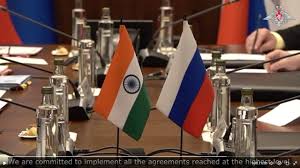

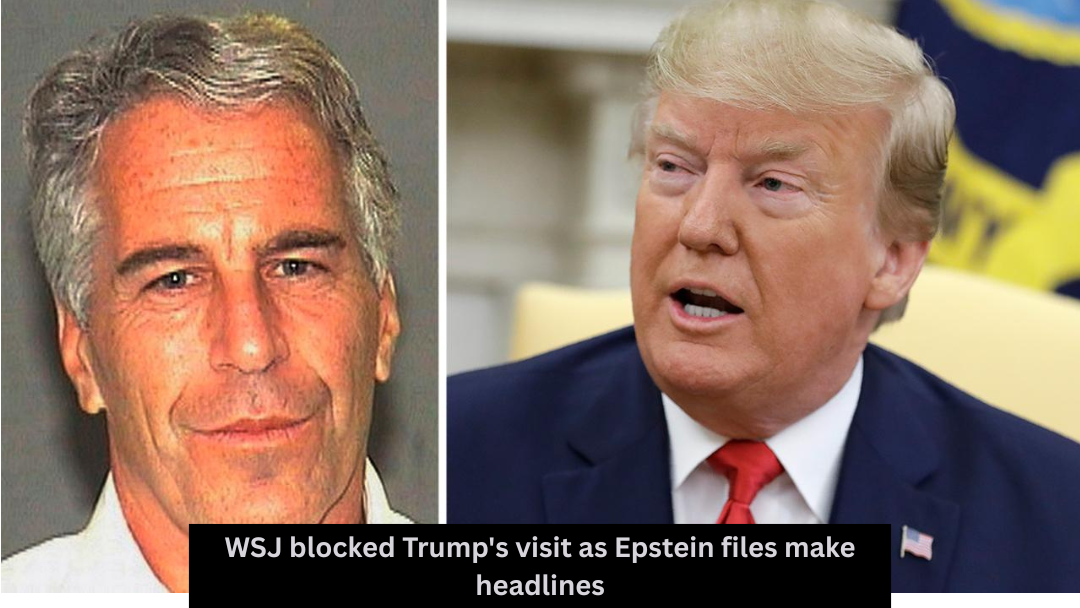


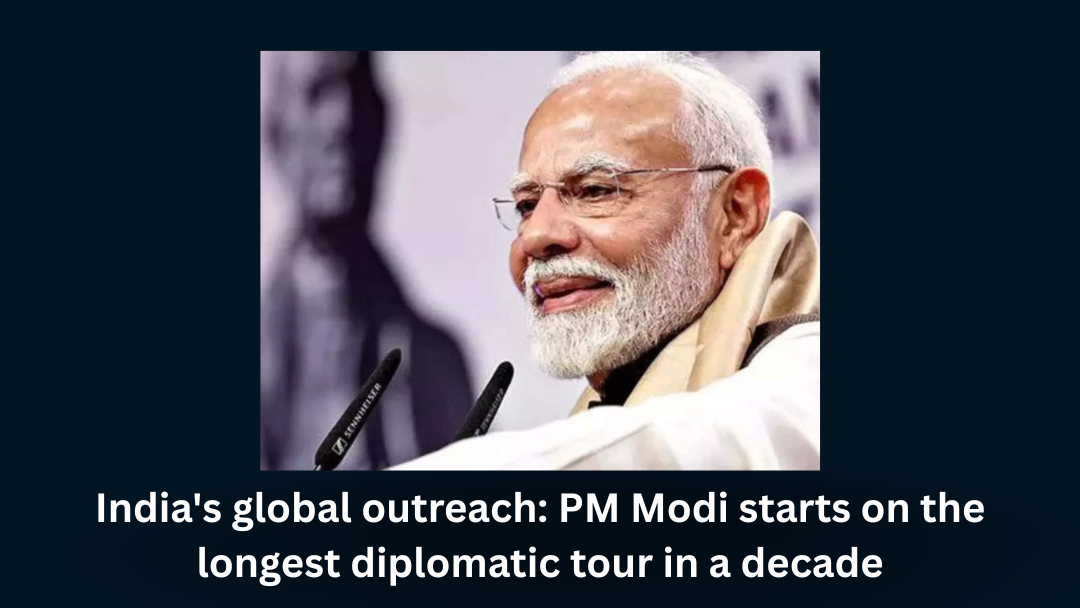
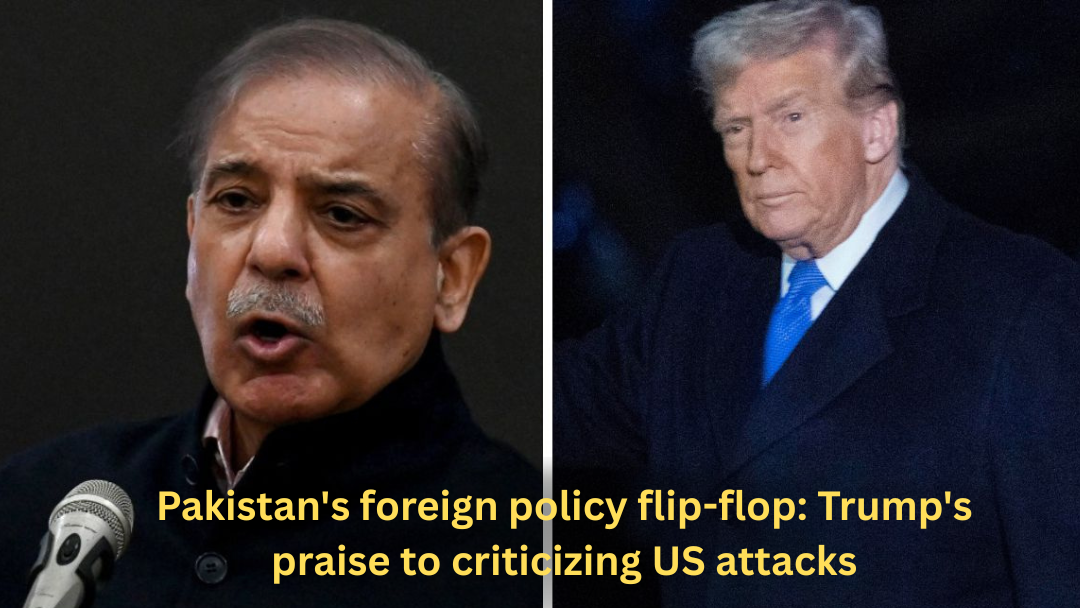


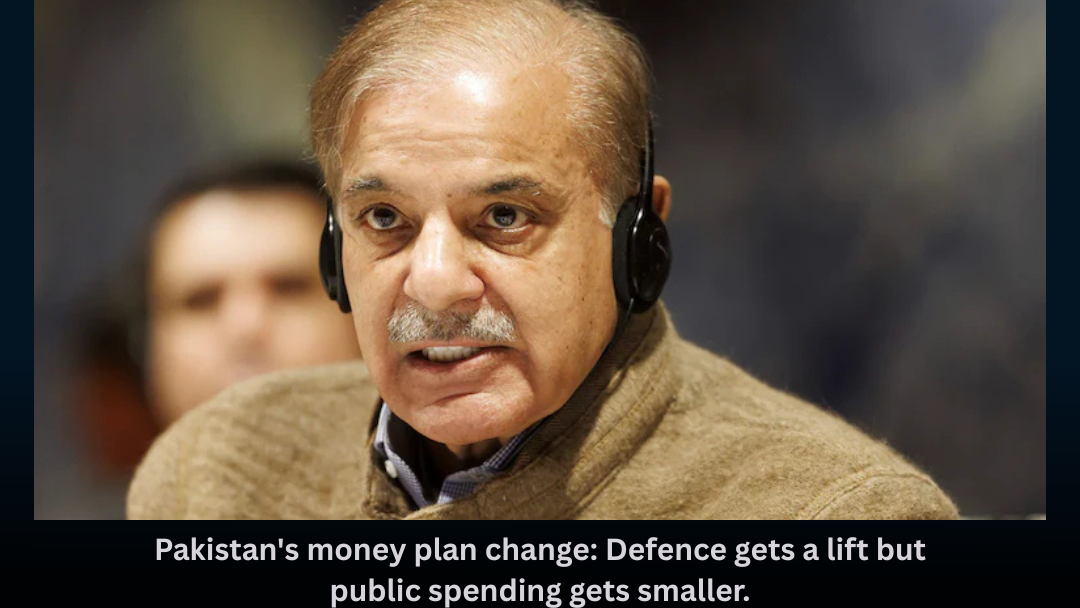
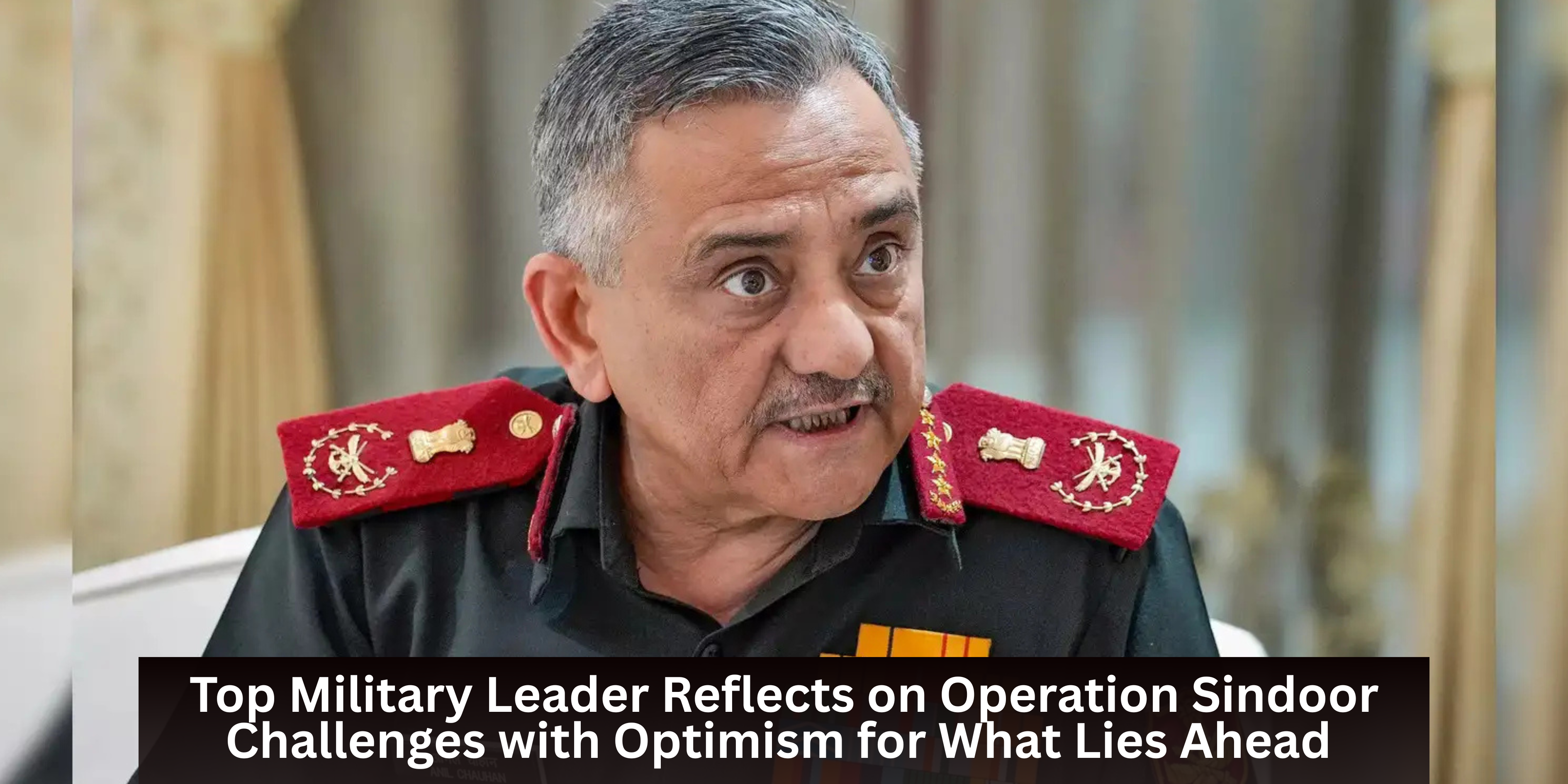


Leave a Reply